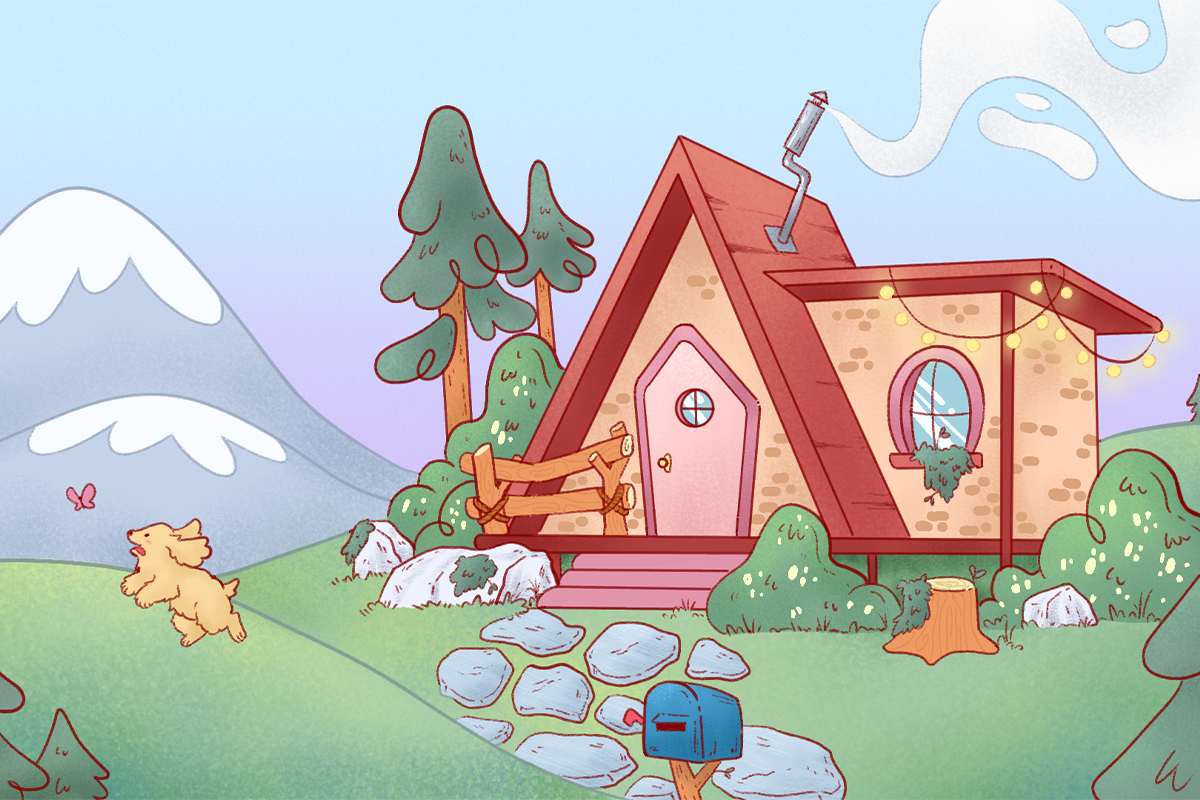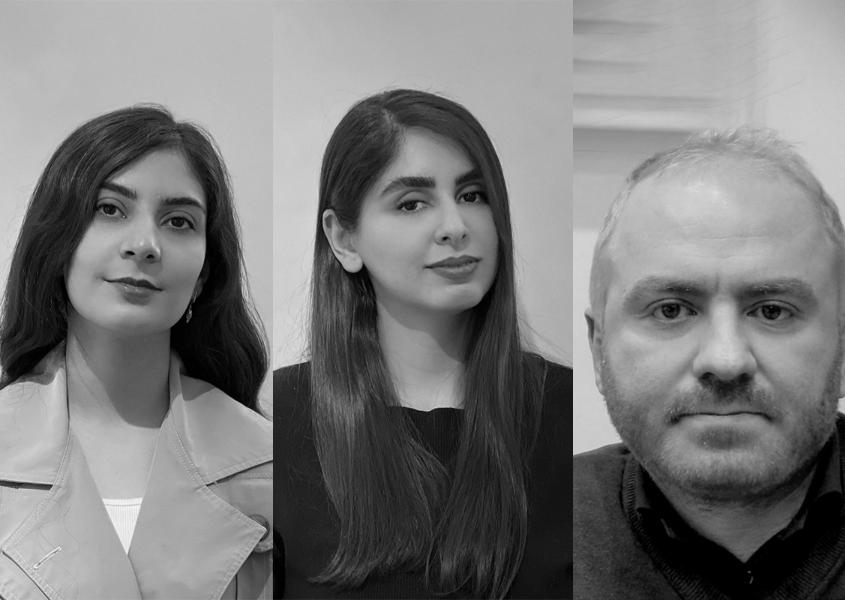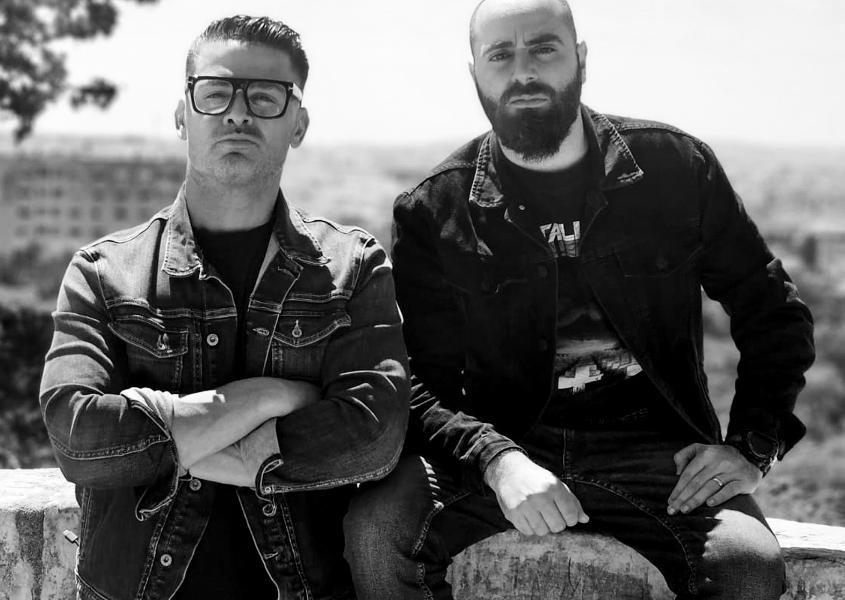An Interview With First Winner Of Tiny House 2024 Architecture Competition - Harris Qaiser and Annie Cheng
Winners Interviews
14 Oct 2025
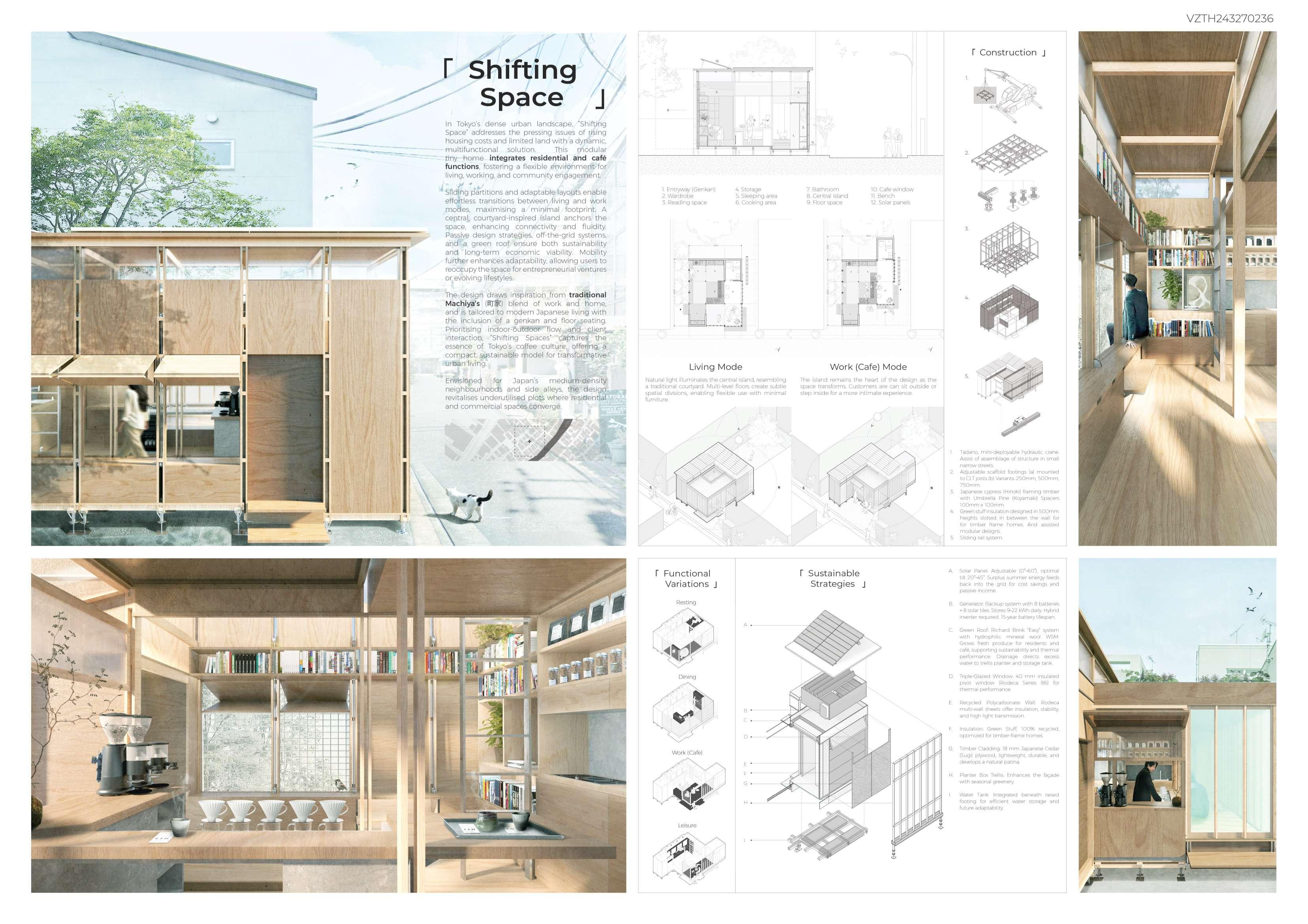
We would like to take this opportunity to introduce you with "Harris Qaiser and Annie Cheng", from New Zealand - First Winner of Tiny House 2024 Architecture Competition. "Harris Qaiser and Annie Cheng" both are Master's graduates from the University of Auckland and the Victoria University of Wellington.
They believe good design should respond thoughtfully to its surroundings and the success is in the collaboration and seeking of feedback, which builds depth and purpose.
Come and take a look at what the First Winner of Tiny House 2024 Architecture Competition - "Harris Qaiser and Annie Cheng" with their proposal "Shifting Space" have to say about their experience and journey throughout the competition. For the purpose of this interview they would be referred as HA to responses, however Volume Zero referred as VZ.
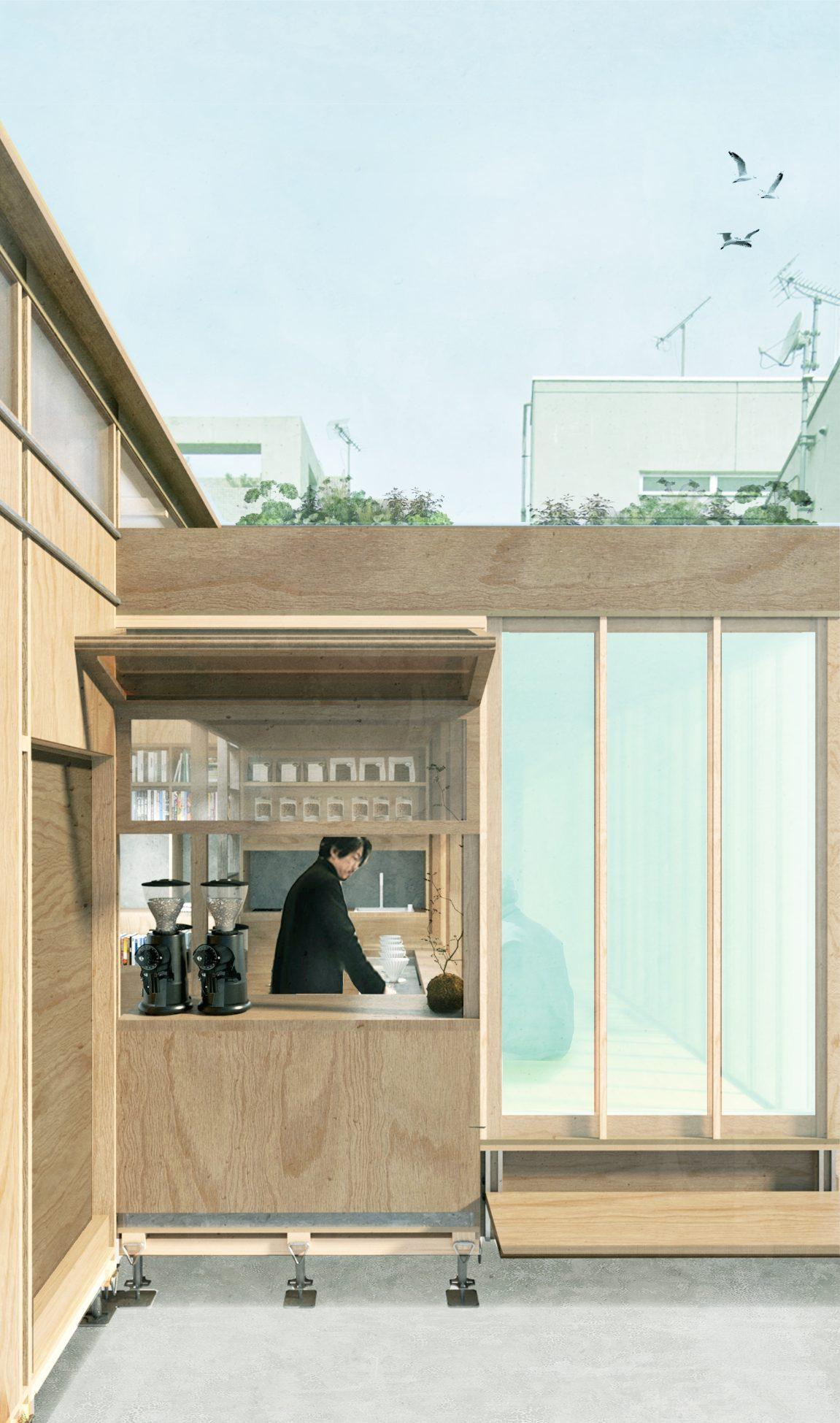
VZ- How would you introduce yourself / Team /Firm?
HA- Kia ora, we’re Harris and Annie, recent Master's graduates from the University of Auckland and the Victoria University of Wellington. We are a small team of two, in the early stages of our Architecture career transitioning into the professional work space.
Annie specialises in design and visualisation, while Harris focuses on construction and detailed design. Our complementary skill sets make us a strong collaborative team.
VZ- Give us brief information of your previous projects/ works/ research/achievements?
HA- We were both recipients of the 2023 Prime Minister Scholarship. Through this we had the opportunity to take part in a 12-Week Architecture internship in Tokyo, where we worked on a diverse range of projects. We were involved primarily in concept work which was then presented to clients as well as project collaborators, giving us exposure to multidisciplinary fields.
Annie: My work bridges sustainability and cultural design, believing architecture must serve both people and the planet. At Warren and Mahoney, I pioneered research on NZ façades, developing BIM tools for low-carbon design. My third-culture background inspired my thesis research on how to design meaningful cultural spaces in relocated contexts, while my SAANZ presidency connected students with professionals to build an inclusive design community.
Harris: My interest in architecture began in highschool from my design and visual communication class, where I received a subject scholarship, after pursuing architecture I was later awarded a ‘high achievers distinction’ letter of recognition from my institution for my undergraduate studies.
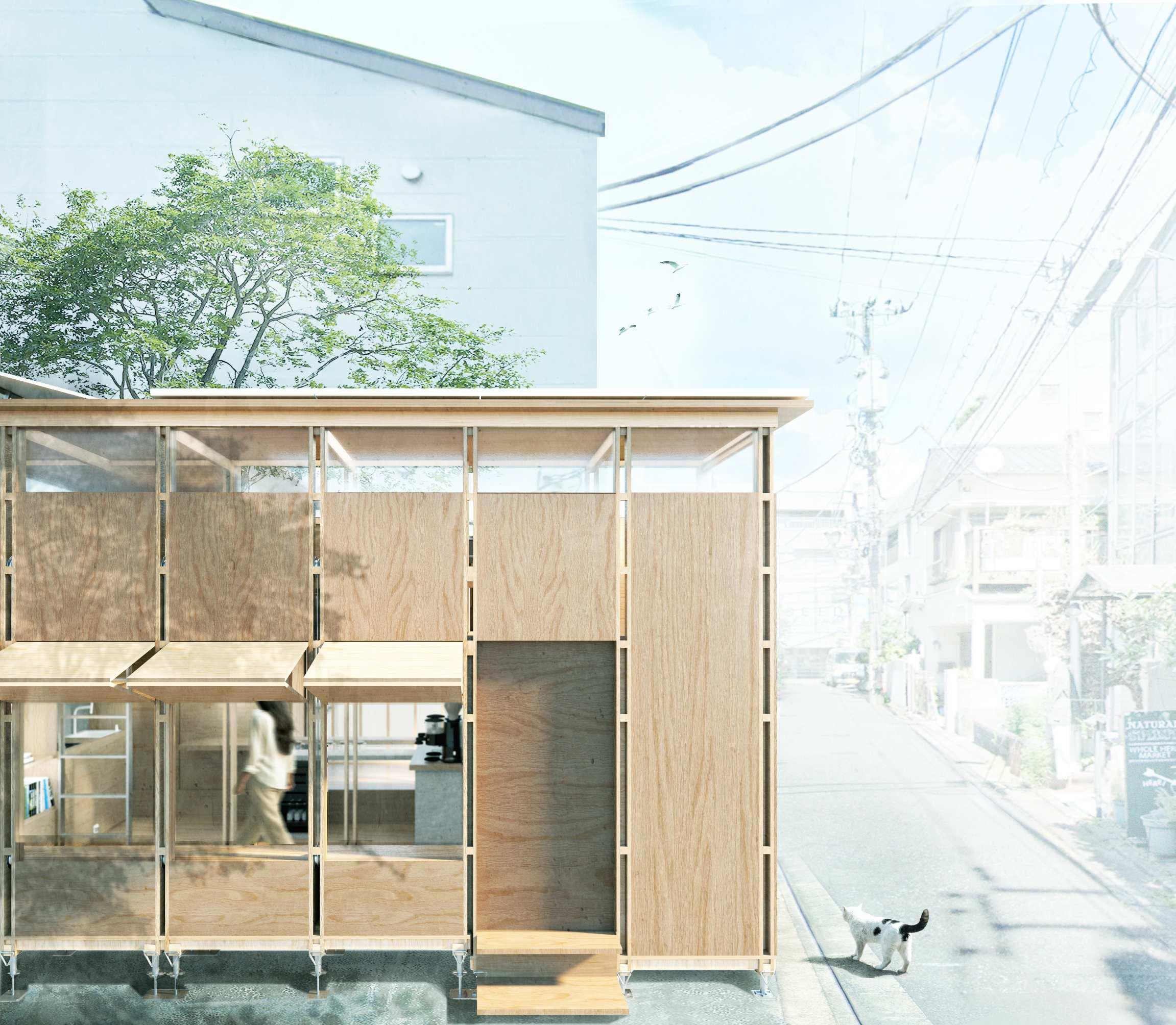
VZ- What was your thought process while designing for The Tiny House Architecture Competition 2024?
HA- Our thought process was centred around context-driven problem solving, specifically addressing Tokyo’s unique urban challenges. Wanting to address issues relevant to the future of the built environment, we focused our investigation on Shibuya's distinctive conditions by exploring its density and heavy tourism. This analysis shaped our goal of creating a space where both immediate and future occupants could truly thrive within such its constrained urban fabric.
We established three key focuses: adaptivity, sustainability, and cultural responsiveness. This led us to create a framework where the clients’ needs and sustainability considerations were met within Tokyo’s built environment. We implemented off grid, green roof and back up equipment so occupants spend less on utilities and capitalise on sustainable solutions.
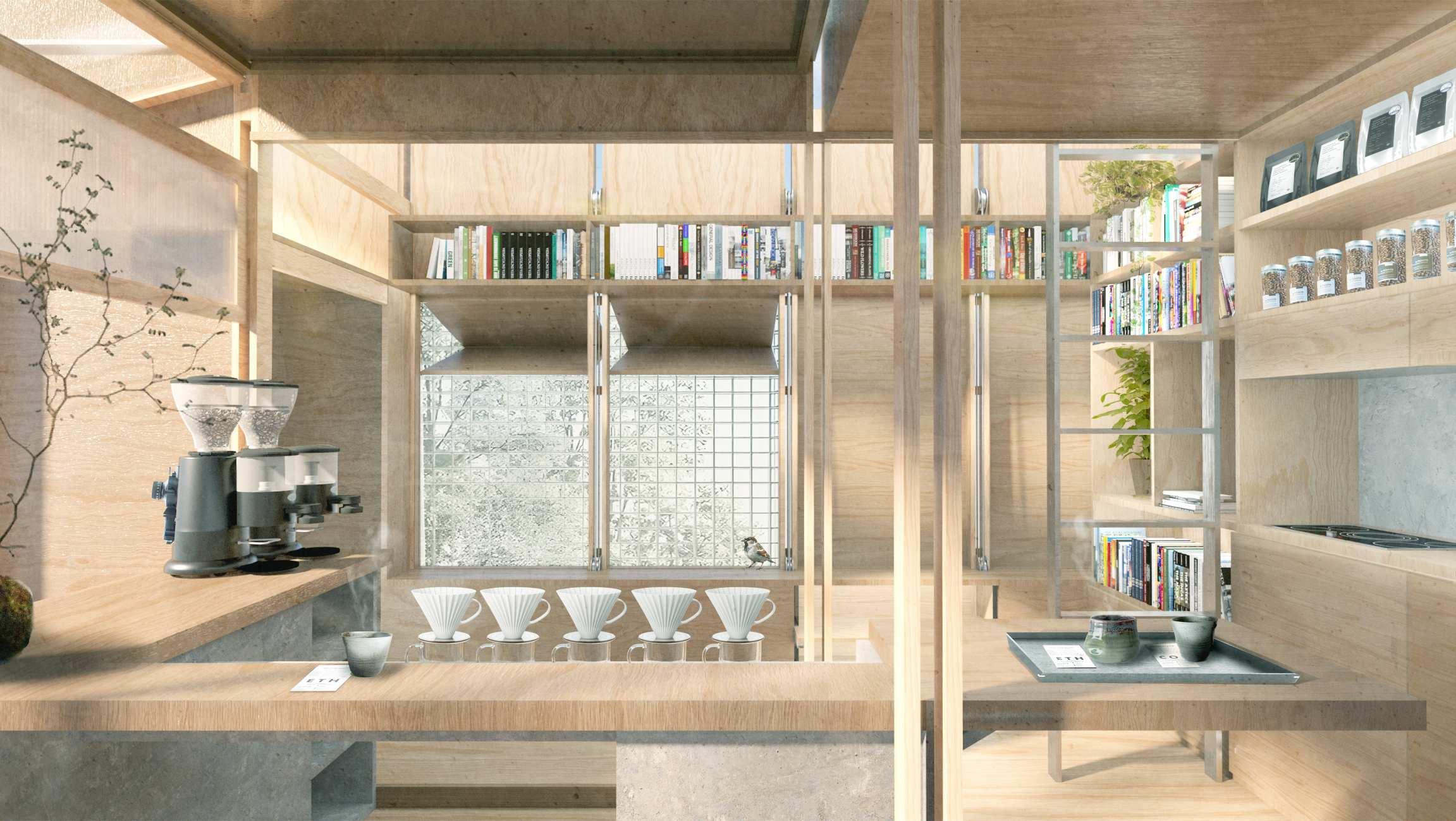
VZ- What attracted you to this competition?
HA- This is the first competition we have participated in. We were attracted to the potential skills and collaboration aspect this project would teach us. The competition seemed well balanced with specific guidelines as well as an option for participants to explore various niches within the brief. The core idea of challenging what’s possible within a small space was unique and relevant to real world scenarios. We wanted to utilise what we learnt from our time interning in Japan, to equip us with skills necessary to translate them into the workspace.
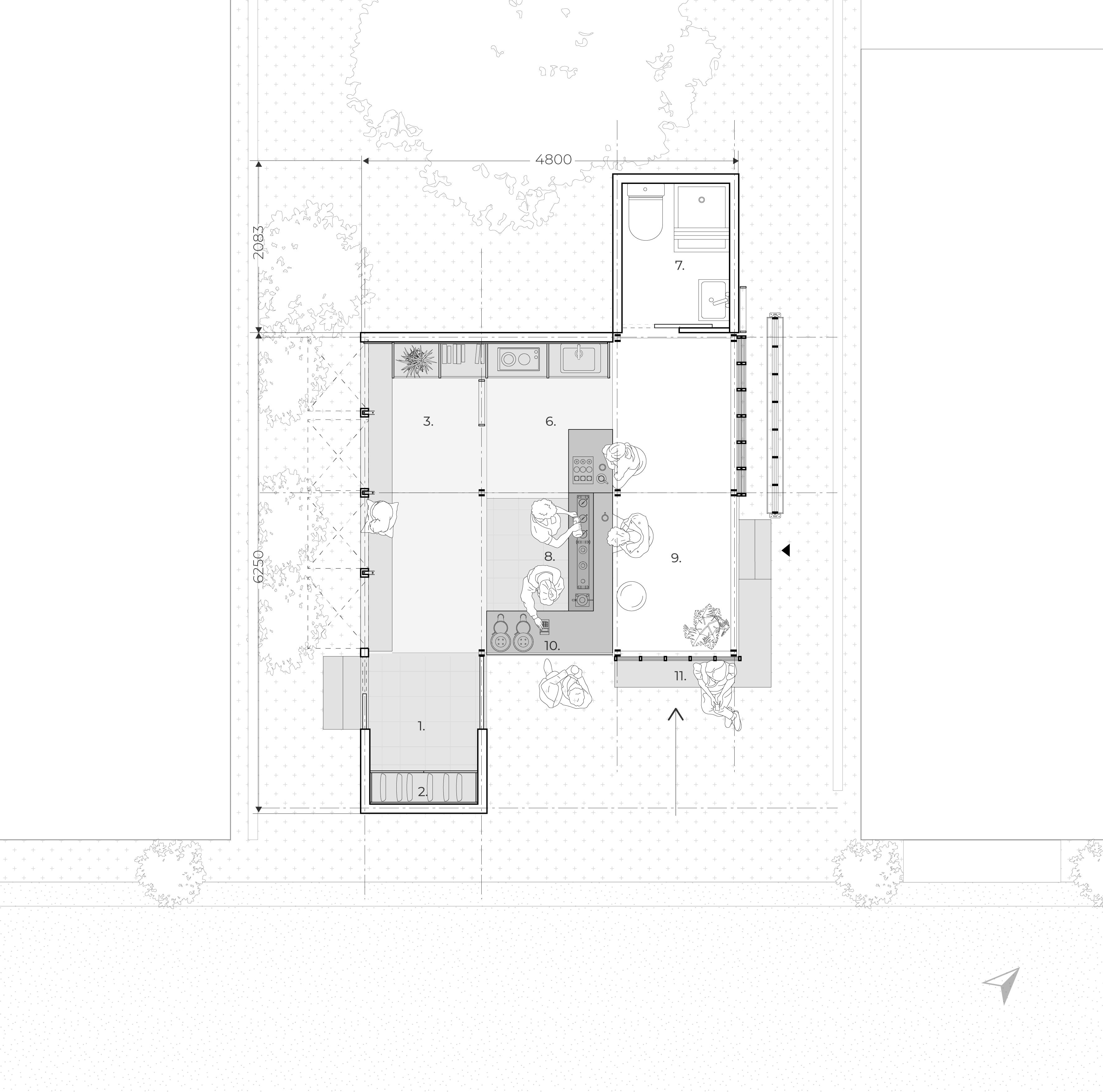
VZ- What design fundamentals do you believe in?
Harris: I believe in the ability to think in the perspective of others. Expressing others' designs through skills gained can enable me to develop my competency as an architect. Having experienced working on various concepts through to client presentation. The success is in the collaboration and seeking of feedback, which builds depth and purpose.
Annie: My design approach is rooted in understanding the unique context of each project, whether it be the site, the client's needs, and the cultural and environmental factors. I believe good design should respond thoughtfully to its surroundings, celebrating what makes each place special.
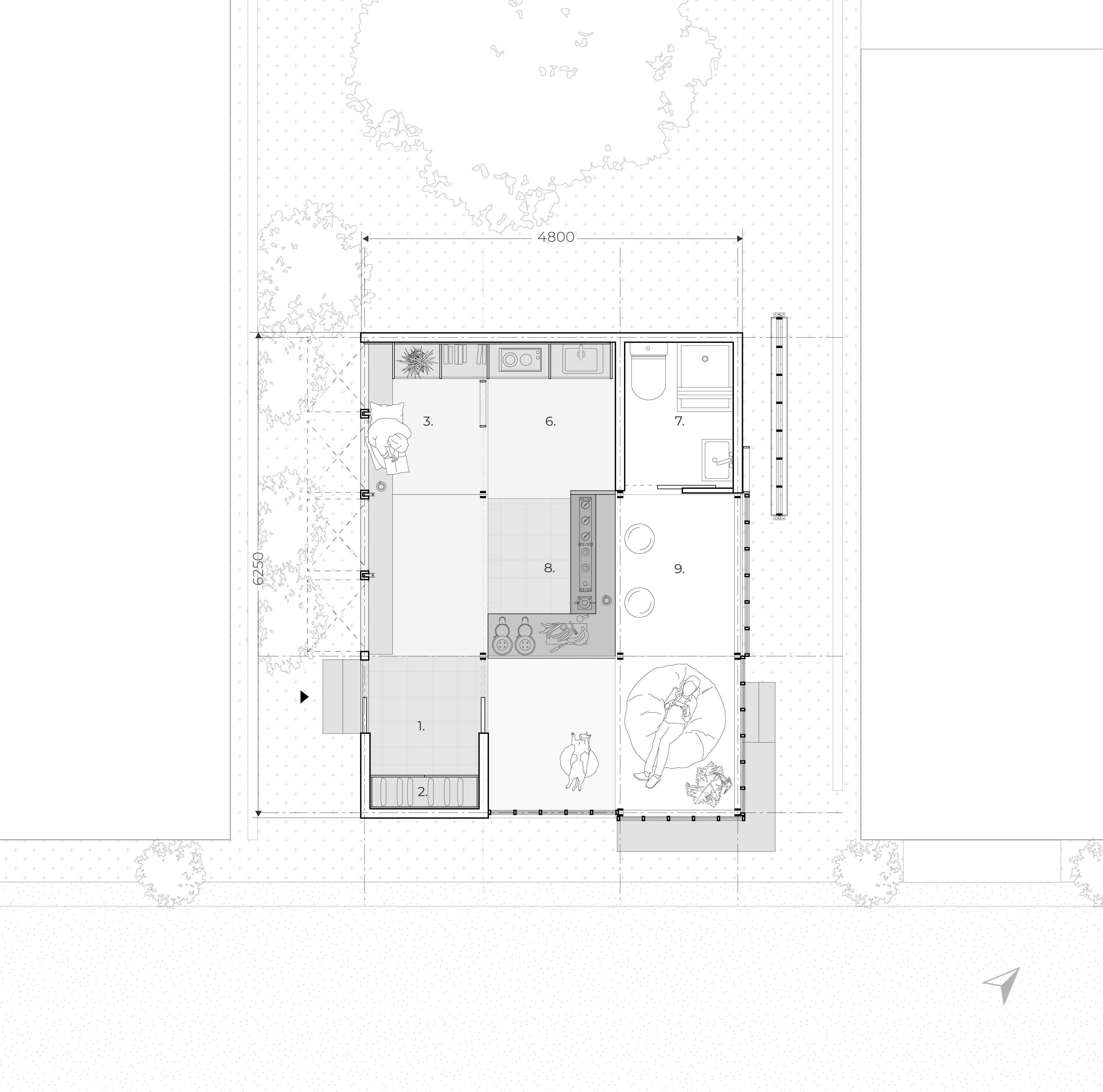
VZ- What according to you is the key to making your design a success?
HA- The key is understanding and collaboration. The building blocks of this competition was understanding the cultural context and values, developed through our lived experience in Tokyo. We were given a unique opportunity to experience what it meant to design from the perspective of another community and its people.
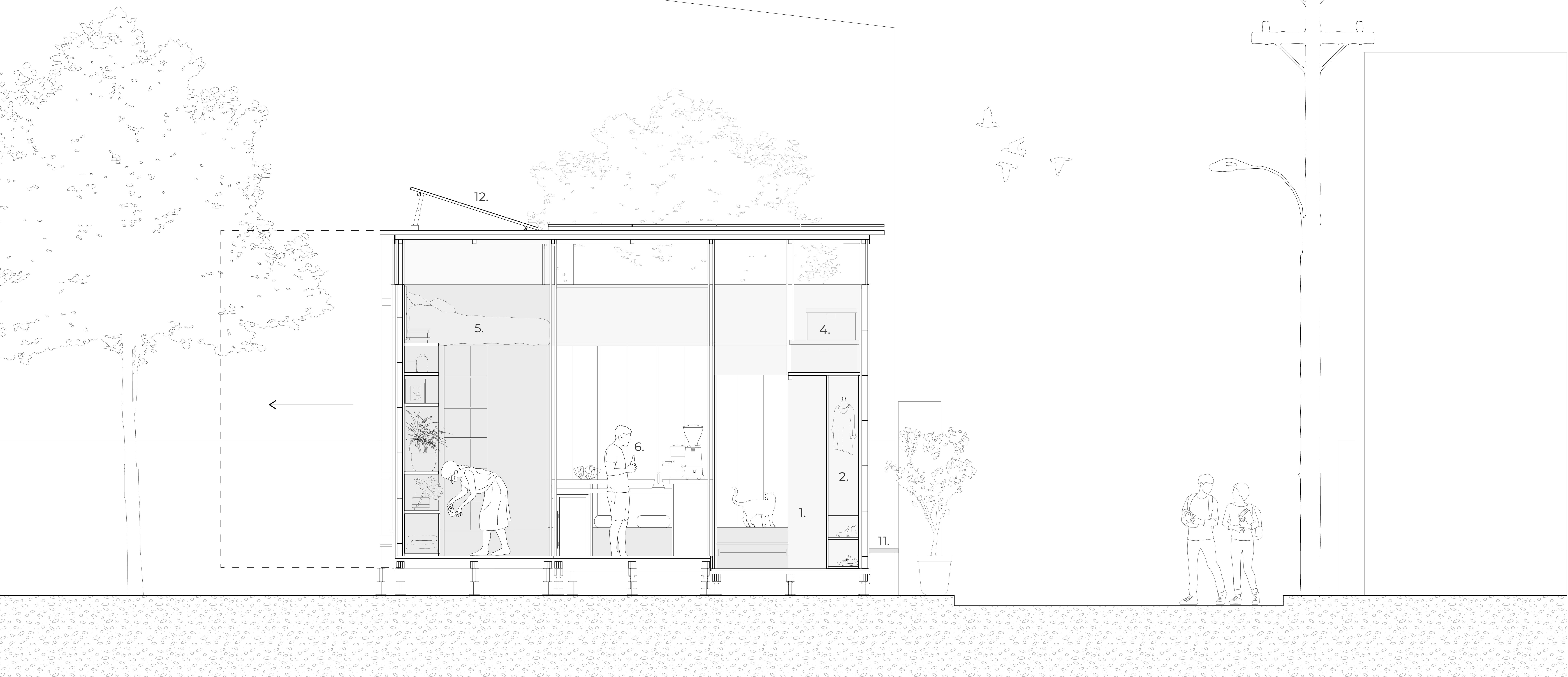
We were also successful in drawing from our different individual strengths. Annie became the design lead, maximising the form through an humanistic approach. Harris’s technical approach developed the design in assimilating the construction and specification. Throughout the design process we shared our ideas and gave each other feedback, we discussed challenges, changes, and the overall direction through each design stage. Critiquing our decisions and understanding our individual strengths and weaknesses, enabled us to work in cohesion and push for a stronger design.
"Step into the future of design—be part of our new architecture competition and showcase your vision to a global audience."
"Step into the future of design—be part of our new architecture competition and showcase your vision to a global audience."
Upcoming Deadlines
Tiny House 2025
Architecture Competition
Early Bird Deadline - 23 Jan 2026
Standard Registration Deadline - 27 Feb 2026
Submission - 12 Mar 2026



